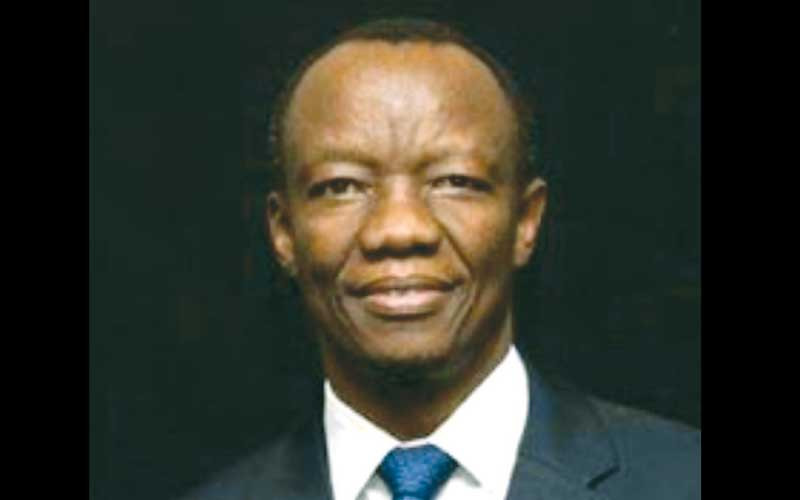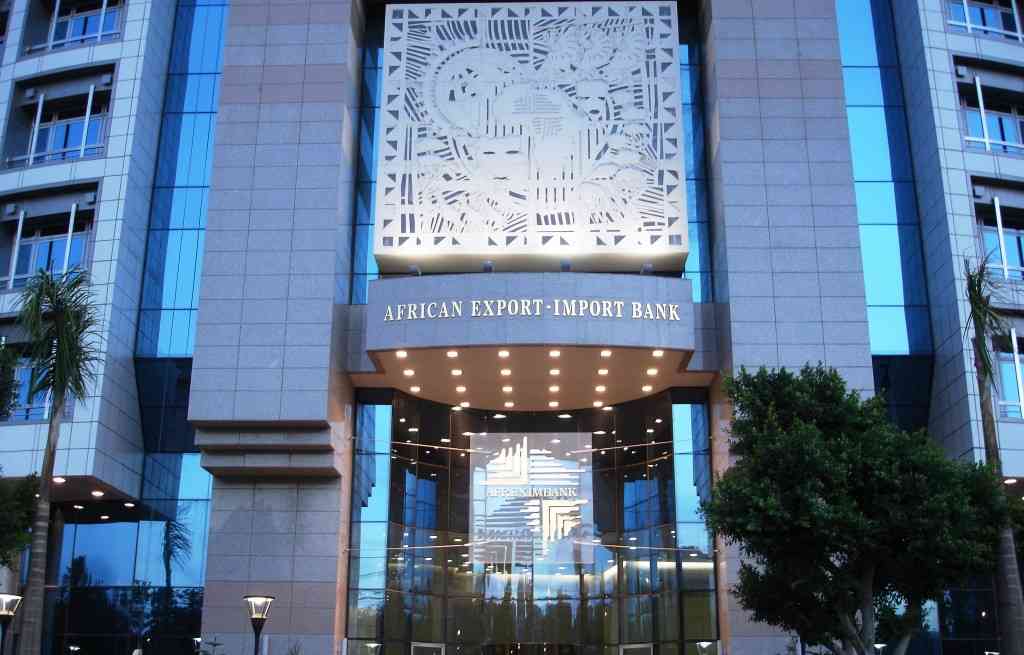
BLUE-chip beverages maker Delta Corporation this week laid out a strategy to deploy massive investments to consolidate its pan-African operations with up to US$50 million targeted to prop up contracted farmers.
Along with flexing its muscle to build a reliable raw material pipeline, the Zimbabwe Stock Exchange (ZSE)-listed outfit will invest between US$40 million and US$50 million annually to strengthen capacities across the business, according to group chief executive officer Valela Matlhogonolo, who spoke exclusively to businessdigest on Tuesday.
Matlhogonolo said the appetite to execute fresh regional forays remained an important part of the business. But decisions on which assets to pounce on would depend on the performance of its present foreign operations.
The Delta CEO presides over an integrated outfit with stewardship over a diversified portfolio, whose interests span domestic to international brands in lager beer, traditional beer and a Coca-Cola franchised sparkling and alternative non-alcoholic beverages.
The firm has investments in associate companies whose interests span cordials and juice drinks, wines and spirits.
It is one of the biggest ZSE counters by market capitalisation, where its value was just over ZW$646 billion (about US$750 million) yesterday, which is the highest market capitalisation on the ZSE.
“The current focus of the business is to invest in capacity in the existing businesses, at an average of US$40 million to US$50 million a year,” Matlhogonolo said.
“This includes plant replacements, delivery fleet, information communication technology upgrades and returnable containers. Regional expansion of the business will be guided by the performance of the already acquired businesses in the region in the last three years. We will assess opportunities as they arise,” he said.
- Business opinion: Brand export
- Local authorities struggling
- Schweppes plans to expand solar facilities countrywide
- Chaplin Moyo spearheads corporate pastoral services
Keep Reading
The Delta CEO said investments into fresh capacities will be twinned with a bold plan to bankroll farmers contracted to produce raw materials like maize to build reserves to self-sustain the business.
His plan has been bolstered by significant demand in a string of new products introduced in the past few years.
The Delta boss wants to reposition the business for projected further growth as markets get to understand the new brands better.
“The business contracts for barley, sorghum and maize with the hope of achieving self-sufficiency in the three crops,” Matlhogonolo said.
“We support farmers with inputs and hope to spend US$50 million in procuring the crops from the farmers.”
He did not give timeframes.
“The market has received with excitement the new products introduced by Delta last year. Sable Lager and Chibuku Super Banana continue to show commendable growth. Both Sable lager and Chibuku Super Banana brands are still in the introductory phase of the product life cycle and in this stage the major focus has been on product acceptance by the consumers rather than sales growth although growth is being registered.
“The beverage segment has been evolving in the last couple of years driven by the changes in the economy and the social impacts during and post-Covid-19 pandemic. Covid-19 limited the access in on-premises consumption facilities. The inflationary environment obtaining in the country over the last few years placed some pressure on consumers who then migrated to cheaper offerings.
“There are also some trends relating to the types and sizes of packaging particularly the growth in PET and take-home packs. Beverage producers have had to respond to emerging market demands. We have also noted the growth of the informal market, which requires some adjustments to the route to market and distributions strategies.
“In soft drinks, this has given rise to growth in vending. The worry is more with respect to increased informal activity in alcoholic products which need to be handled by licensed outlets. This unfortunately results in growth of illicit alcohol,” he added.










